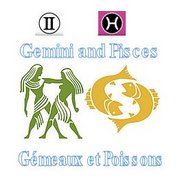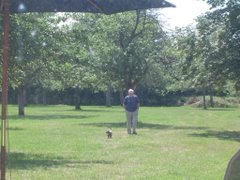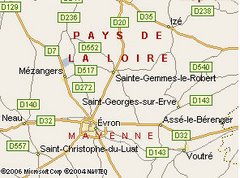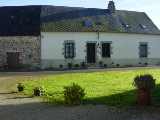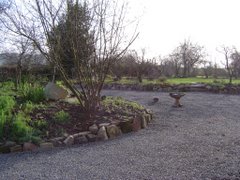Mushrooms in France
Firstly, there are strict guidelines to picking wild mushrooms in France, and these must be followed:
French Regulations state (Article 547 Code Civil) that mushrooms belong to the owner of the land where they grow. Each commune has the right to decide whether mushroom picking is allowed, and on what days, can say what quantities can be picked, can charge a fee or can totally forbid mushroom picking in the surrounding forests.
You should contact your local Marie in the commune (or your local prefecture) where you wish to pick mushrooms and they will advise.
Tools of any sort are forbidden with the exception of knives
A knife must be used to cut the stipe so as not to damage the mycelia
Mushrooms must be a certain size before being picked so that they have a chance to release their spores
Mushrooms must be carried in a wicker basket to let the spores fall out and help propagation
Do remember that there are over 3,000 varieties of mushroom in France and only a few of these are edible. People still die in France from eating poisonous mushrooms and if not fatal can cause problems such as diarrhoea, nausea, hallucinations, vomiting, cramps, coma and more serious conditions such as convulsions, tachycardia or kidney infection.
Poisonous mushrooms closely resemble edible ones. Pharmacists in France normally have a large photograph on their wall of all the various mushrooms, and are professionally trained to identify which are poisonous and which are not, so if in doubt always consult your local pharmacy in France.
If you collect any wild mushrooms to eat do make sure that your identification checks out in every detail, weather conditions or animal damage can cause differences in appearance that could lead to misidentification and do remember that there are people who are allergic to all species of mushrooms.
One of the most deadly of all mushrooms is the Amanita Phalloides (Death Cap) see image
(Death Cap) see image
In case of accidental poisoning, contact the Emergency Service, and if possible, keep some of the mushrooms or the remains of the dish eaten. Do not attempt to throw up and do not take any drugs.
There are some Anti-Poison centres in France
Angers tele: 02 41 48 21 21
Bordeaux tele: 05 56 96 40 80
Lille tele: 0 825 812 822
Lyon tele: 04 72 11 69 11
Marseille tele: 04 91 75 25 25
Nancy tele: 03 83 32 36 36
Paris tele: 01 40 05 48 48
Rennes tele: 02 99 59 22 22
Strasbourg tele: 03 88 37 37 37
Toulouse tele: 05 61 77 74 47

